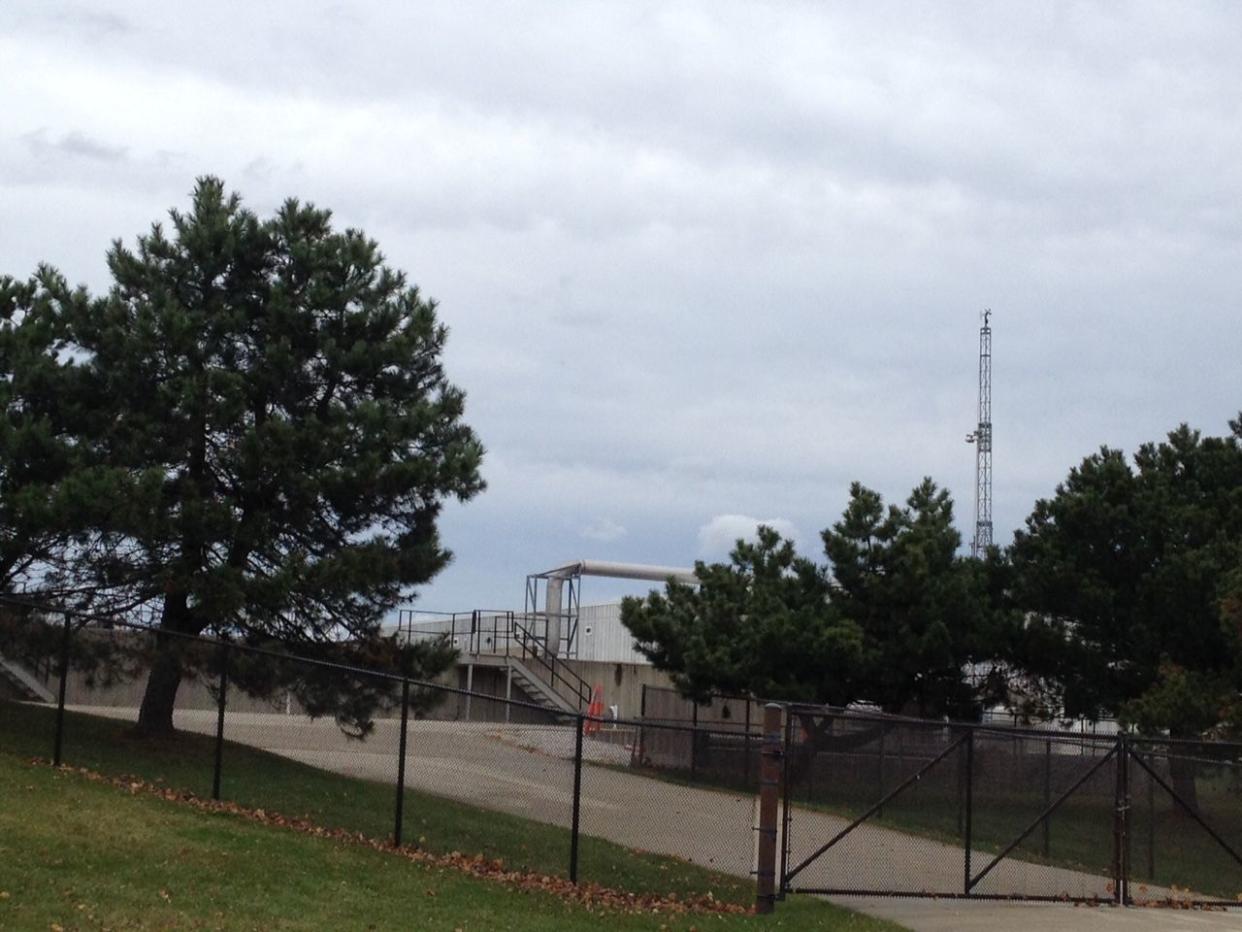Allocate $13.3 million in federal relief money now or risk losing it, finance director tells Naperville council

The Naperville City Council needs to decide sooner rather than later how to allocate $13.3 million in federal COVID-19 relief money that’s been sitting in city coffers the last few years, a senior city staffer is advising.
In a memo to the council, Finance Director Rachel Mayer is recommending the money be applied to capital projects approved in the 2023 budget.
The $1.9 trillion federal coronavirus relief package known as the American Rescue Plan Act, or ARPA, included $350 billion in direct assistance to state and local governments that was intended to address the economic impacts of the pandemic on a local level and lay the groundwork for recovery.
Naperville’s portion was $13.3 million, which was received in two installments of $6.65 million in May 2021 and May 2022.
Since then, the money has been held in a special revenue fund separate from other budgetary funds.
Over the past two years, Mayer said, the city has met with community groups, such as the Naperville Development Partnership, Downtown Naperville Alliance and Downtown Advisory Committee, to generate ideas for how the federal money would best drive reinvestment in the city’s economy and further solidify Naperville’s strong financial position.
“While several potential projects have been discussed, none can be classified as fully vetted, shovel-ready projects capable of moving forward under the time constraints,” she said.
Also because the $13.3 million is a one-time income source, fiscal best practice dictates it be applied to one-time expenses instead of creating new programs or services that would need a funding source in future budgets, Mayer said.
The U.S. Department of Treasury, which set rules for how the money can be applied, also established a timeline whereby all funds are obligated by Dec. 31, 2024, with final expenses paid by Dec. 31, 2026. Any unspent funds must be returned to the U.S. Treasury.
The recent negotiated bipartisan package to increase the U.S. debt ceiling raised the specter that unspent coronavirus relief money could be pulled if Congress chooses.
As part of the deal, some federal programs were required to return unspent ARPA funds, though the state and local program funding was not affected.
“That said, the debt ceiling negotiation is a reminder that the rules and timeline for using these funds can be amended at the federal government’s will,” Mayer said.
Funding can be used to support public health, address negative economic effects, replace lost public sector revenue, provide premium pay to essential workers, or invest in water, sewer and broadband infrastructure.
It is not be allocated to bolster reserve or rainy-day funds.
Mayer said it would be in the city’s best financial interest to tell the U.S. Treasury how the money will be spent, beginning with the next required quarterly report to be filed on July 31, 2023.
By obligating the $13.3 million to capital projects, the city not only would comply with the allowable uses and timeline but satisfy reporting requirements to the U.S. Treasury, Mayer said.
In addition, she said because revenue to pay for those capital projects already was budgeted, the savings could offset the future borrowing needs for projects, such as upgrading Naperville’s public safety radio network.
Road, bridge and water and wastewater infrastructure improvements are among the budgeted projects in 2023.

